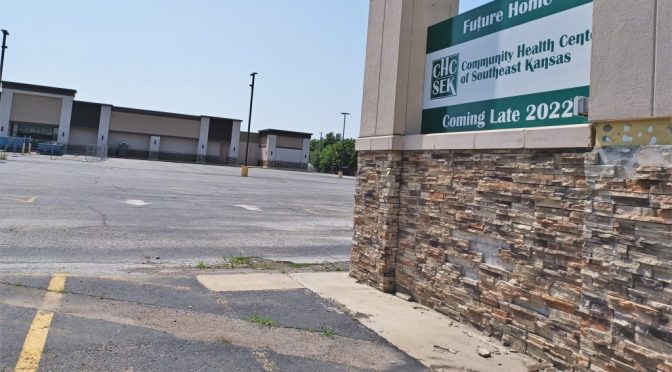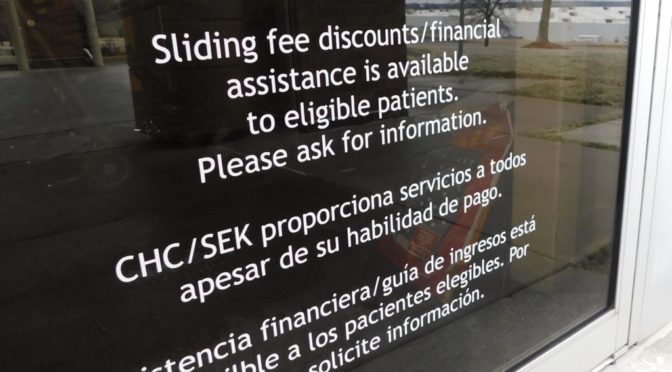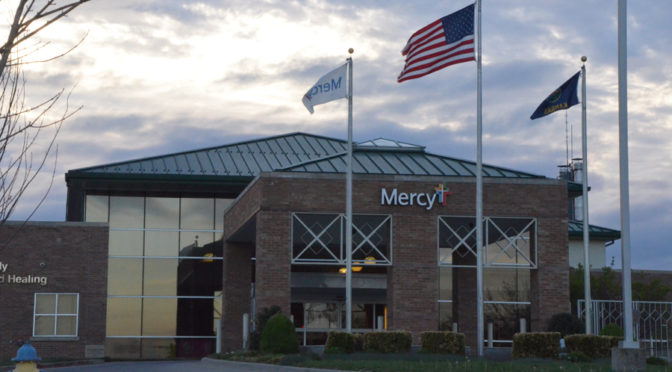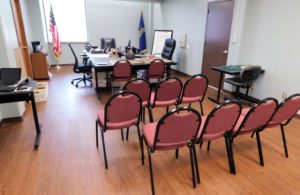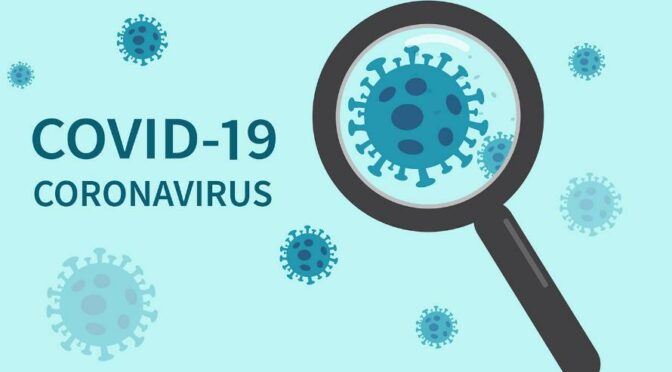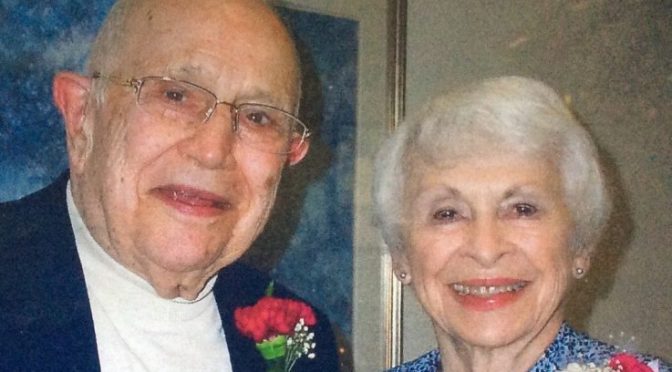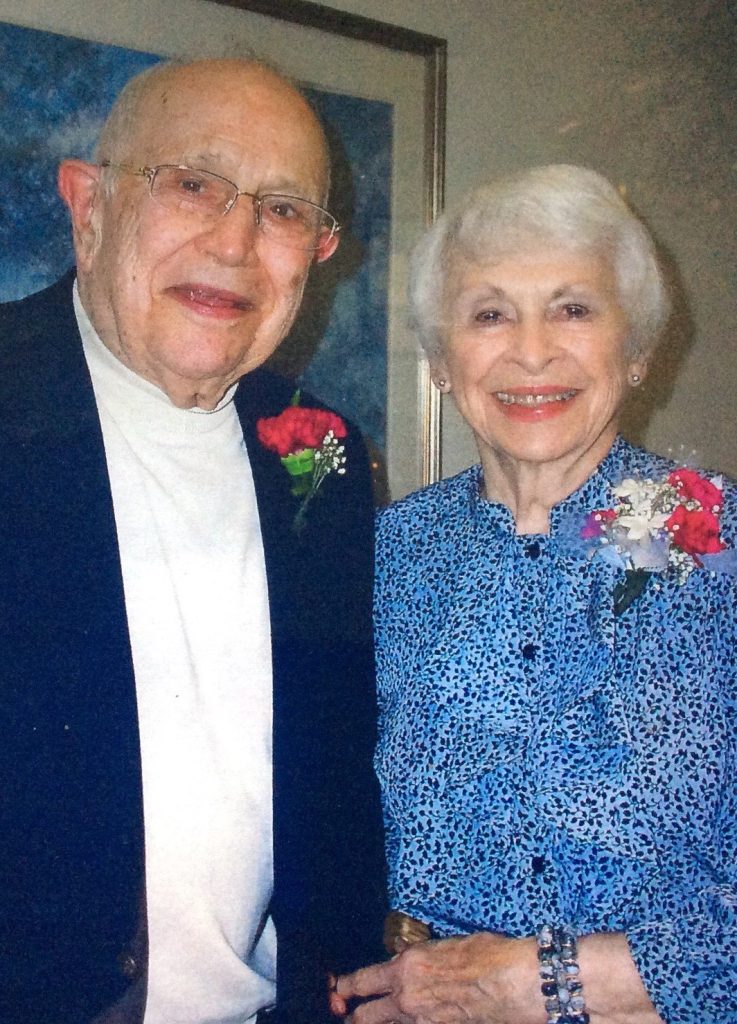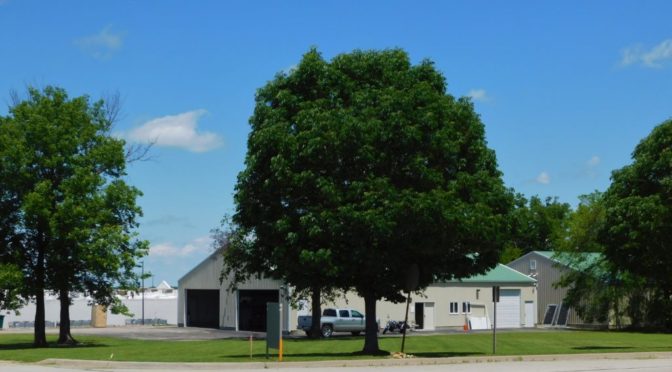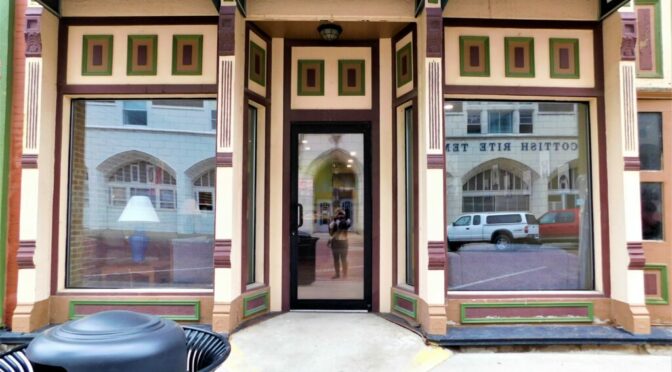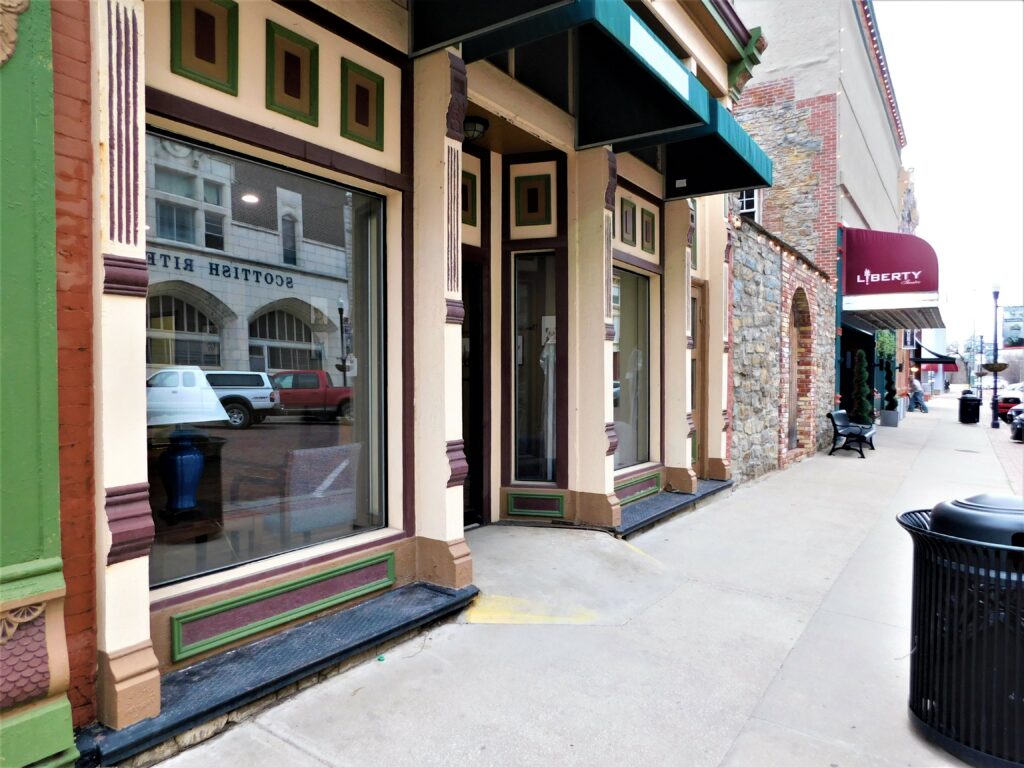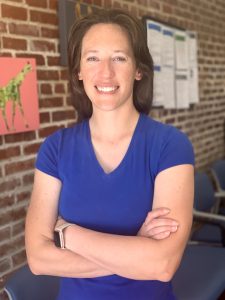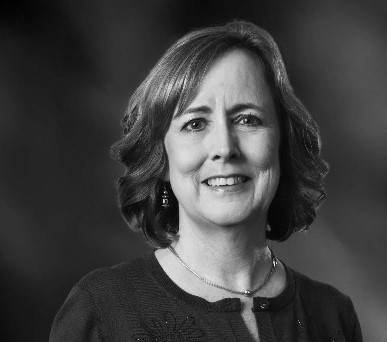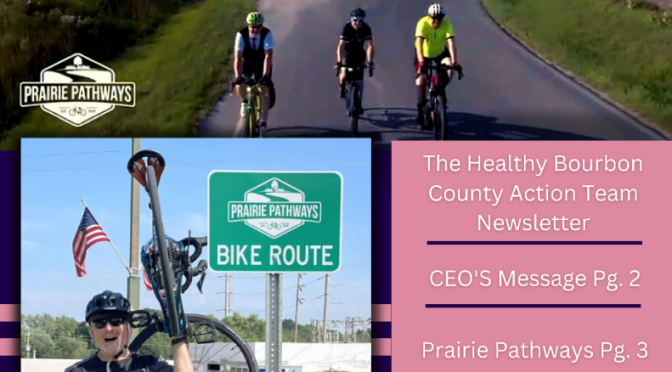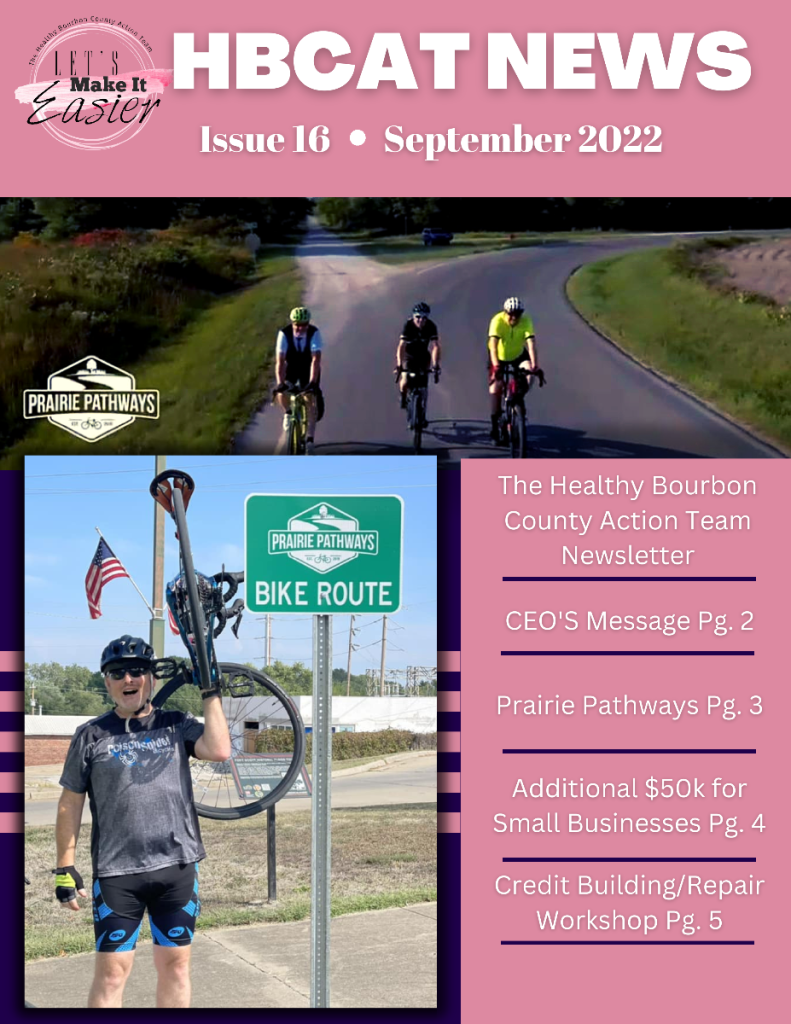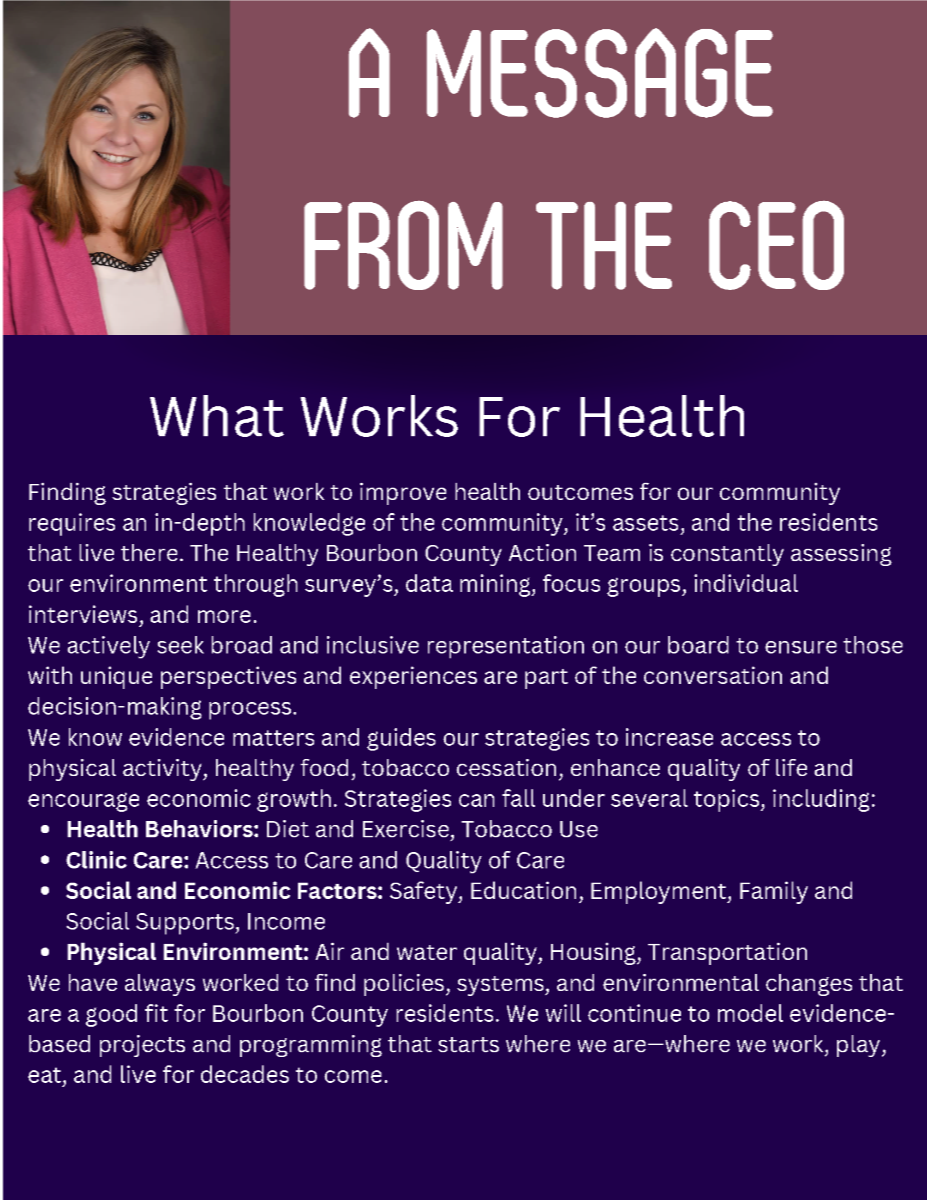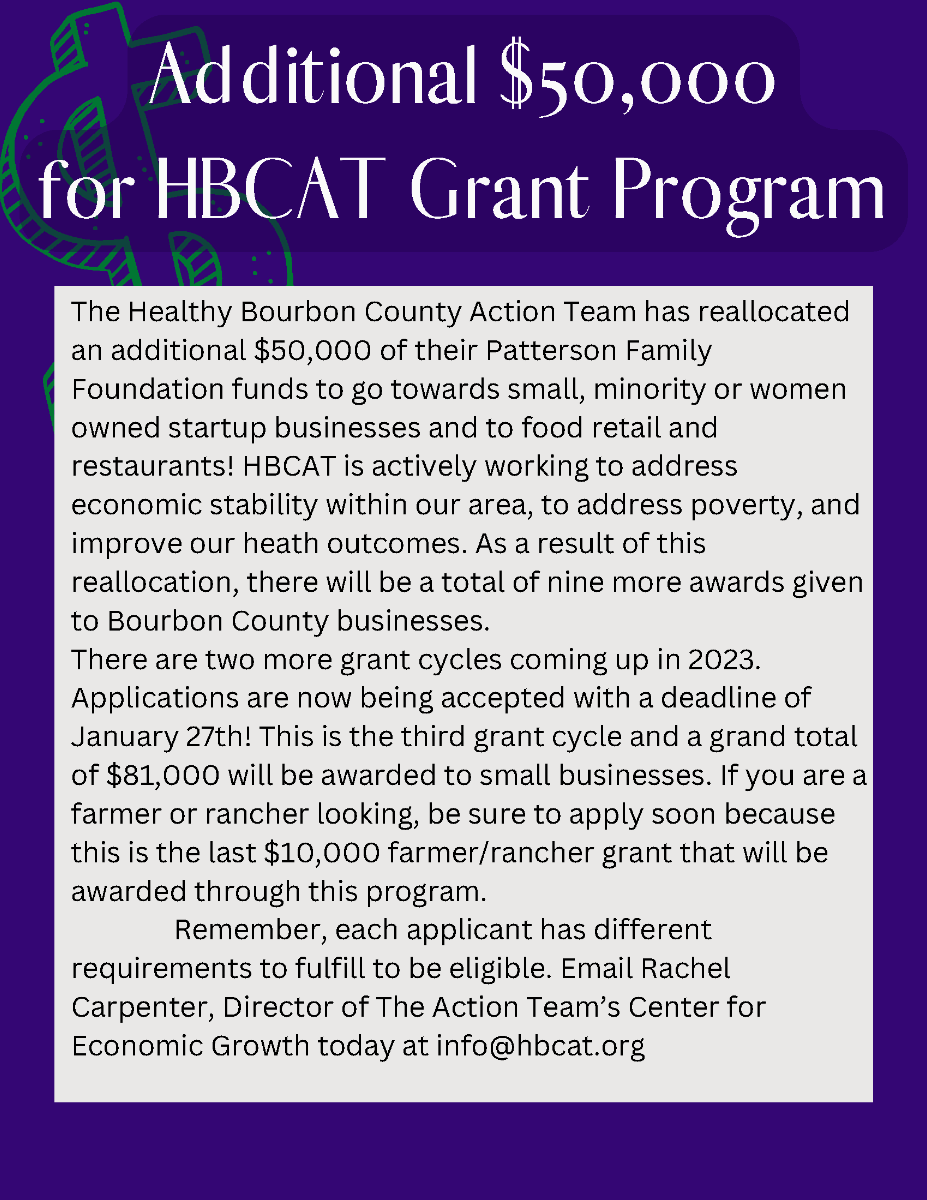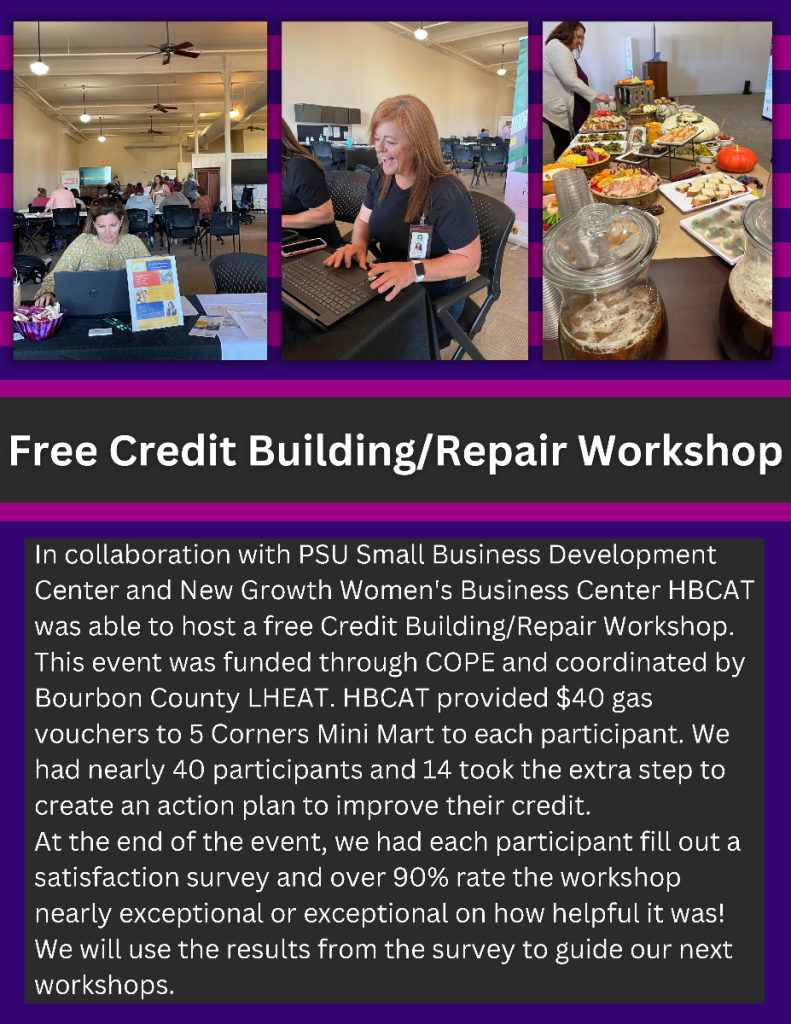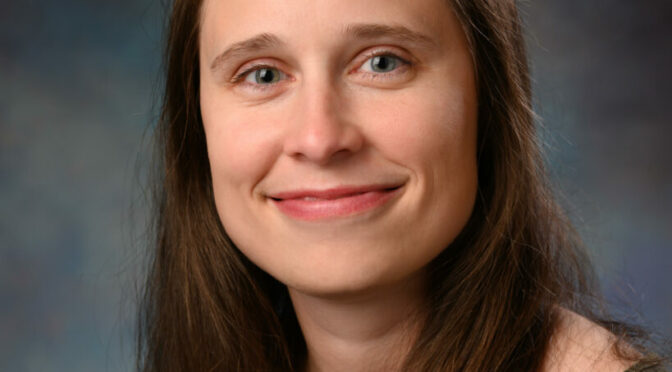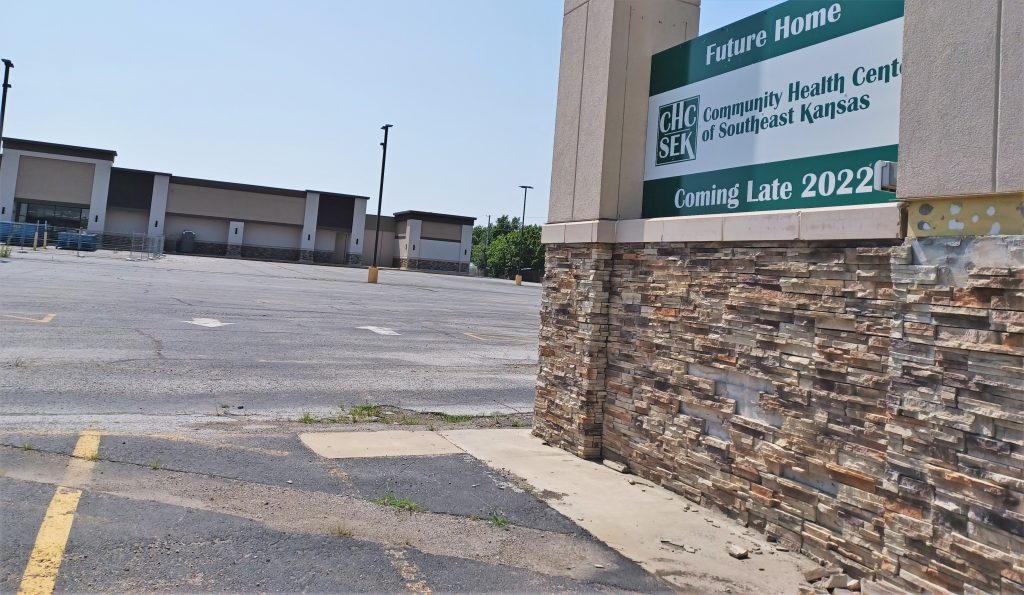
“There is a Santa Claus,” Krista Postai, CEO of Community Health Center of Southeast Kansas said.
U.S. Senator Moran called Postai last Friday to let her know some good news for CHC/SEK.
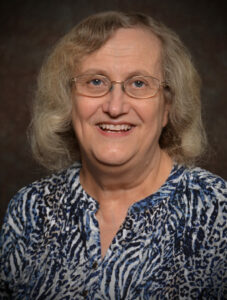
“Senator Jerry Moran contacted CHC/SEK on December 23 to notify us that our request for $5 million to offset the cost of renovating and equipping a comprehensive full-service medical facility (the former Price Chopper building) in Ft. Scott, was approved,” Postai said. “Total cost of the project has been estimated at approximately $10 million including the installation of a CT Scanner.”
CHC’s request was included in Moran’s Congressionally Directed Spending appropriations approved in the Fiscal 2023 Omnibus spending package, Postai said.
“The $1.7 trillion bill to fund the U.S. Government was signed by President Joe Biden shortly after it was approved by the Senate (on Thursday) and the House on December 23,” she said. “Also contributing to the cost of our new facility is the Kansas Department of Health and Environment, through the Community Care Network of Kansas’ Capital Investment Grant which awarded us $40,000 to help equip the wellness section of the facility; funding for diagnostics is coming through the American Rescue Plan approved by Congress in 2021. The balance of the cost will be covered directly by CHC/SEK offset partially by the sale of its buildings at 902 Horton Street and 1624 S. National Ave.”
Completion of the new clinic is now expected in March due to supply chain delays and unanticipated construction issues.
“The primary supply chain issues were the heating/cooling system and doors and flooring. They were delayed,” she said. “We also had to fill in the underground tunnels we found throughout the building with concrete. Apparently they were there to support the utilities necessary for the store’s refrigeration system…. renovation always bring surprises.”
